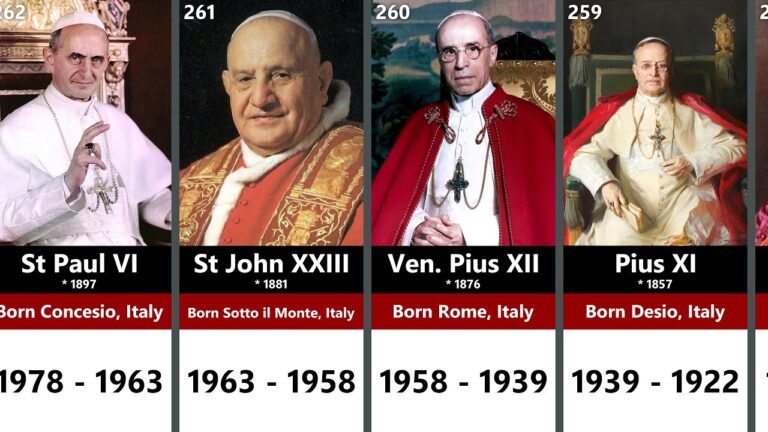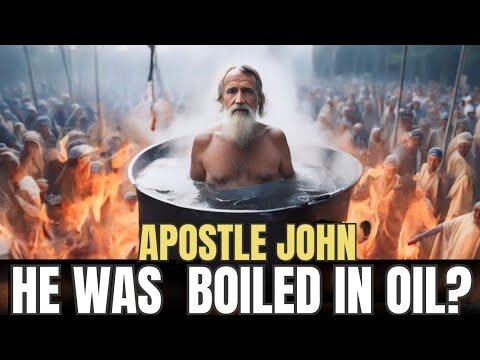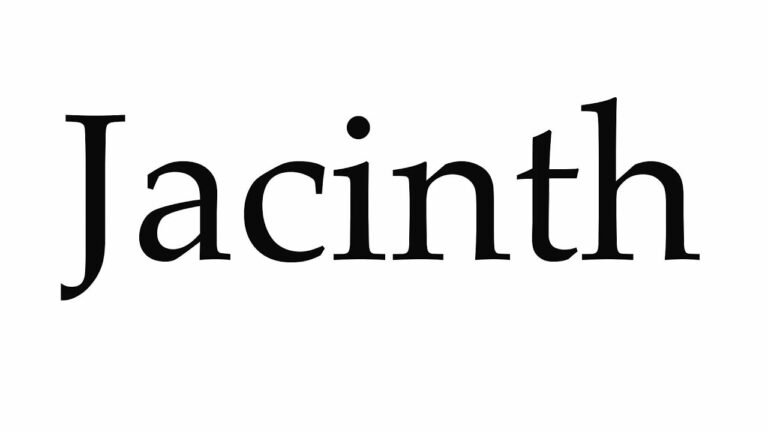The Role of the Pope in the Catholic Church
The Pope of the Catholic Church serves as a pivotal figure in global spirituality and moral leadership, guiding millions of followers with a message of compassion and unity. As the spiritual successor to Saint Peter, the Pope not only shapes the doctrines of one of the world’s oldest institutions but also addresses contemporary issues such as social justice, climate change, and interfaith dialogue. In an era marked by division, the Pope’s influence extends beyond religious boundaries, inviting people of all faiths to engage in meaningful conversations that foster understanding and peace.
What defines the role of the Pope today?
The Pope of the Catholic Church today serves as a spiritual leader, moral guide, and unifying figure for Catholics worldwide, promoting faith and social justice.
Who is the present pope of the Catholic Church?
Pope Francis, born Jorge Mario Bergoglio on December 17, 1936, serves as the 266th Pope of the Roman Catholic Church. He ascended to the papacy in March 2013, becoming the first pope from the Americas and the Southern Hemisphere. His election marked a significant moment in the Church’s history, reflecting its increasing global diversity.
As the Bishop of Rome, Pope Francis holds a pivotal role in guiding the Catholic Church and fostering spiritual growth among its 1.3 billion members worldwide. He emphasizes themes of compassion, social justice, and environmental stewardship, urging the faithful to engage actively with the pressing issues of our time. His approach is characterized by humility and a commitment to serving the marginalized and voiceless.
In addition to his spiritual leadership, Pope Francis is the sovereign of Vatican City and holds the title of de facto Prince and Grand Master of the Sovereign Military Order of Malta. His tenure has been marked by efforts to reform the Church and promote dialogue among different faiths, making him a prominent figure on the global stage. Through his actions and teachings, he continually inspires millions to embrace a message of hope and unity.
What is the total number of popes in the Catholic Church?
The Catholic Church has a rich history marked by a succession of leaders, known as popes, who have guided its spiritual and administrative direction. The title “pope” has been in use since the time of Pope Siricius, establishing a long-standing tradition that continues to this day.
As of now, there have been a total of 266 popes, a number meticulously recorded in the Annuario Pontificio, the official yearbook of the Holy See. This comprehensive list, titled ‘I Sommi Pontefici Romani’ (The Supreme Pontiffs of Rome), serves as a testament to the enduring legacy and influence of the papacy within the Catholic Church.
Who might be the next pope?
Luis Antonio Tagle, the charismatic Filipino cardinal, has emerged as a prominent contender in discussions surrounding the next papal election. Known for his pastoral approach and deep commitment to social justice, Tagle has garnered admiration not only within the Church but also among the global community. His ability to connect with people from diverse backgrounds makes him a compelling candidate, and many believe he embodies the progressive values that could guide the Church into a new era.
As one of the leading “papabili,” Tagle’s candidacy is supported by a growing number of Vatican observers and even bookmakers. His extensive experience, including his tenure as the Archbishop of Manila and his role at the Vatican, positions him as a strong candidate to succeed Pope Francis. With the Church facing numerous challenges, Tagle’s vision for inclusivity and reform resonates with many, suggesting that he could play a pivotal role in shaping the future of Catholicism.
Guiding Faith: The Pope’s Influence in Catholicism
The Pope serves as a vital spiritual leader within the Catholic Church, embodying the teachings of Christ and guiding the faithful toward a deeper understanding of their beliefs. Through his messages and actions, the Pope addresses contemporary issues, fostering dialogue on social justice, peace, and environmental stewardship. His ability to connect with people from diverse backgrounds reinforces the Church’s mission to spread hope and compassion, while also encouraging Catholics to live out their faith in everyday life.
In an era marked by rapid change and uncertainty, the Pope’s influence extends beyond religious boundaries, inspiring millions to reflect on their values and responsibilities to one another. His emphasis on mercy and inclusion resonates with a global audience, inviting individuals to embrace a sense of community and shared purpose. By championing love and understanding, the Pope not only strengthens the fabric of Catholicism but also encourages a broader conversation about humanity’s collective journey toward a more just and harmonious world.
Spiritual Leadership: Understanding the Pope’s Duties
The role of the Pope transcends mere ecclesiastical authority; it embodies a profound spiritual leadership that guides millions of Catholics worldwide. As the Bishop of Rome, the Pope not only oversees the Church’s operations but also serves as a moral compass, addressing contemporary issues with compassion and wisdom. His teachings emphasize the importance of faith, unity, and service, inspiring followers to embody these values in their daily lives.
Central to the Pope’s duties is the commitment to fostering dialogue and understanding among diverse cultures and religions. By engaging in interfaith discussions and promoting social justice, the Pope encourages a world where love and respect prevail over division. His visits to various countries and communities reflect a dedication to outreach, reinforcing the Church’s mission to be a source of hope and healing in times of strife.
Moreover, the Pope acts as a pivotal figure in shaping the Church’s response to global challenges, from climate change to poverty and inequality. Through encyclicals and public addresses, he calls upon the faithful to take action, emphasizing stewardship of the earth and the importance of caring for the marginalized. In this way, the Pope not only fulfills his spiritual responsibilities but also champions a vision of a more just and compassionate world, embodying the essence of true leadership.
Unity and Tradition: The Pope’s Place in the Church
The role of the Pope within the Catholic Church exemplifies a profound blend of unity and tradition, serving as a spiritual anchor for over a billion faithful worldwide. As the Bishop of Rome, the Pope embodies the continuity of the Church’s teachings and values, preserving the rich heritage that has been passed down through generations. This leadership fosters a sense of belonging among believers, reinforcing the idea that they are part of a larger, interconnected community grounded in a shared faith.
In a rapidly changing world, the Pope’s commitment to tradition provides stability and guidance, reminding the Church of its core principles. Through various encyclicals and pastoral letters, the Pope addresses contemporary issues while drawing upon age-old doctrines, ensuring that the Church remains relevant without compromising its foundational beliefs. This balance between honoring tradition and engaging with modernity cultivates a dynamic environment where faith can flourish amid societal challenges.
Moreover, the Pope acts as a unifying figure, bridging regional and cultural divides within the global Church. By promoting dialogue and understanding, the Pope encourages collaboration among diverse communities, fostering a spirit of solidarity and compassion. This emphasis on unity not only strengthens the Church internally but also enhances its role in the broader world, as the Pope advocates for peace, justice, and human dignity. In this way, the Pope’s influence extends far beyond ecclesiastical boundaries, shaping a vision of a more harmonious world rooted in shared values and collective responsibility.
The Pope of the Catholic Church continues to be a pivotal figure in navigating the complexities of modern society, offering guidance and hope to millions around the globe. His teachings resonate deeply, addressing pressing issues such as social justice, environmental stewardship, and interfaith dialogue. As the world faces unprecedented challenges, the Pope’s role as a moral compass remains more vital than ever, inspiring individuals and communities to work towards a more compassionate and united future.







